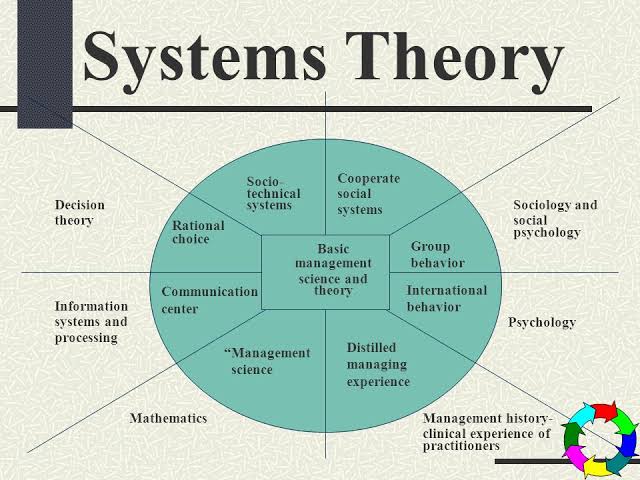W.B.C.S. Examination Notes On – Environment – Systems Theory.
Amongst the vast syllabus of W.B.C.S Examination, this part is quite easy to read and recollect and also fetches good marks.Biological diversity, or biodiversity, is the scientific term for the variety of life on Earth. It refers not just to species but also to ecosystems and differences in genes within a single species. Biodiversity is the key indicator of the health of an ecosystem.Systems theory is an interdisciplinary theory about the nature of complex systems in nature, society, and science, and is a framework by which one can investigate and/or describe any group of objects that work together to produce some result. This could be a single organism, any organization or society, or any electro-mechanical or informational artifact.Continue Reading W.B.C.S. Examination Notes On – Environment – Systems Theory.
As a technical and general academic area of study it predominantly refers to the science of systems that resulted from Bertalanffy‘s General System Theory (GST), among others, in initiating what became a project of systems research and practice. Systems theoretical approaches were later appropriated in other fields, such as in the structural functionalist sociology of Talcott Parsons and Niklas Luhmann.Also Read , Selection Procedure Of W.B.C.S. Examination.
Contemporary ideas from systems theory have grown with diversified areas, exemplified by the work of Béla H. Bánáthy, ecological systems with Howard T. Odum, Eugene Odum and Fritjof Capra, organizational theory and management with individuals such as Peter Senge, interdisciplinary study with areas like Human Resource Development from the work of Richard A. Swanson, and insights from educators such as Debora Hammond and Alfonso Montuori. As a transdisciplinary, interdisciplinary and multiperspectival domain, the area brings together principles and concepts from ontology, philosophy of science, physics, computer science, biology, and engineering as well as geography, sociology, political science, psychotherapy (within family systems therapy) and economics among others. Systems theory thus serves as a bridge for interdisciplinary dialogue between autonomous areas of study as well as within the area of systems science itself.
In this respect, with the possibility of misinterpretations, von Bertalanffy believed a general theory of systems “should be an important regulative device in science,” to guard against superficial analogies that “are useless in science and harmful in their practical consequences.” Others remain closer to the direct systems concepts developed by the original theorists. For example, Ilya Prigogine, of the Center for Complex Quantum Systems at the University of Texas, Austin, has studied emergent properties, suggesting that they offer analogues for living systems. The theories of autopoiesis of Francisco Varela and Humberto Maturana are a further development in this field. Important names in contemporary systems science include Russell Ackoff, Béla H. Bánáthy, Anthony Stafford Beer, Peter Checkland, Robert L. Flood, Fritjof Capra, Michael C. Jackson, Edgar Morin and Werner Ulrich, among others.
Please subscribe here to get all future updates on this post/page/category/website


 Toll Free 1800 572 9282
Toll Free 1800 572 9282  mailus@wbcsmadeeasy.in
mailus@wbcsmadeeasy.in



















































































































